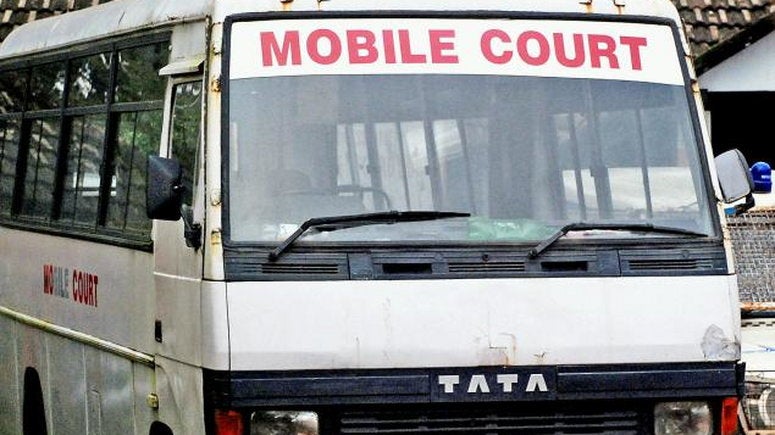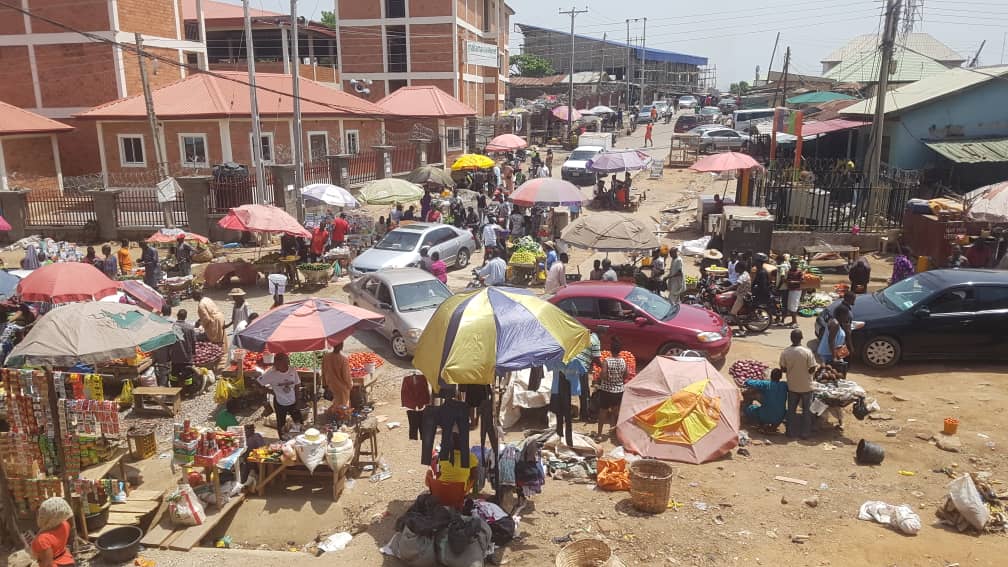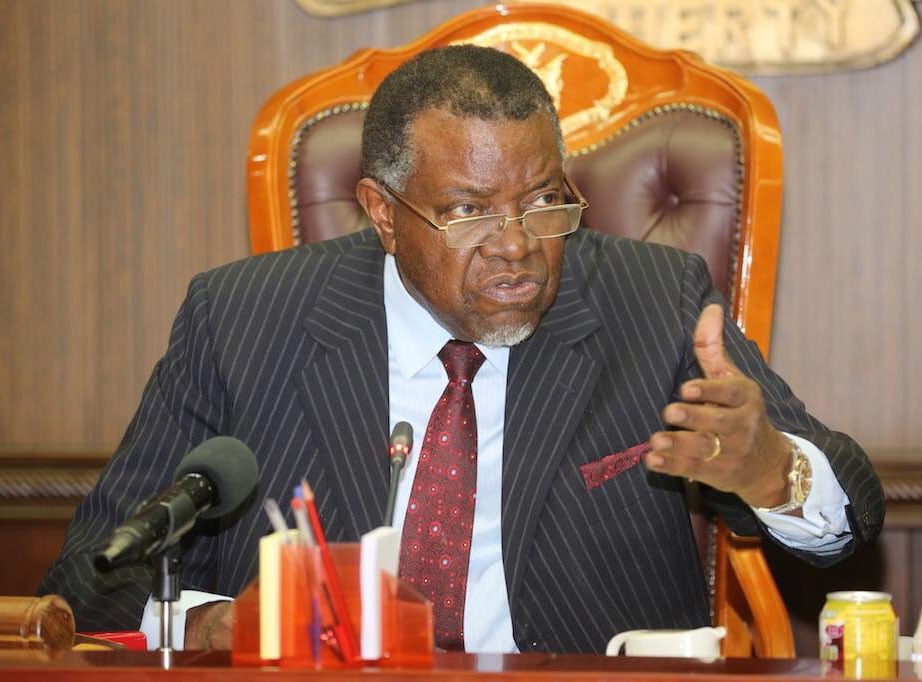Amnesty International says mobile courts are being used to extort alleged defaulters of lockdown violations in parts of the country such as Kaduna and Kano states.
Speaking during a webinar organised by the Centre for Democracy and Development (CDD) on Thursday, Osai Ojigho, AI director in Nigeria, said the watchdog has been receiving complaints of such extortion.
The webinar which was titled, “Human rights and law enforcement during the COVID-19 lockdown”, reviewed human rights issues concerning the pandemic.
Ojigho also said it is unacceptable for the mobile courts to prosecute citizens without them having access to lawyers.
Advertisement
“If people are charged to court, they also need legal services. And part of the problem is that lawyers have not necessarily been grouped as essential services,” she said.
“When you talk about access to justice, it includes the rights of access to lawyers for defence. The courts shouldn’t be prosecuting cases without lawyers.
“We have seen it abused before the COVID-19 lockdown and it is even worse now. We have also received reports about people being asked to offer bribes.
Advertisement
“What international human rights law says is that whatever provisions you make must have three provisions; they must follow legitimacy, must be legal and must be reasonably justified.
“The right to have legal representation to a fair trial is sacrosanct. The state attorneys-general should be advising their principals on how to carry out these prosecutions.
“A lot of thoughts should also go into involving the ministries of justice providing such services for people charged in these courts.”
Anthony Ojukwu, executive secretary of the National Human Rights Commission (NHRC), said the commission had earlier reported 29 cases of extra-judicial killings committed by security agencies.
Advertisement
“During the first two weeks of lockdown, we had 18 extra-judicial killings, and more in the second round, making it a total of 29 extrajudicial killings,” he said.
He said to curb the killings, the Nigeria police force must begin to employ less force in their operations such as use of rubber bullets during violent protests as done in other countries.
Add a comment







